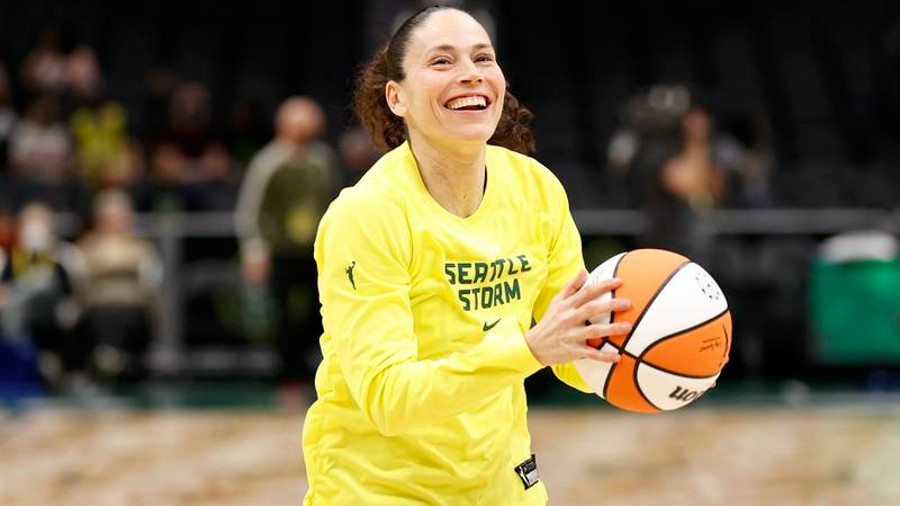Staffing shortage leads to backups at Puget Sound vet clinics
Aug 7, 2021, 7:26 AM

Vet clinics around the state are running into challenges with staffing shortages. (Nicole Jennings/KIRO Radio)
(Nicole Jennings/KIRO Radio)
It’s not just humans who are experiencing long wait times at emergency rooms due to hospitals being full of patients while suffering staffing shortages — local vet clinics and pet emergency centers are having the same problem.
An appointment for routine care may have to be made for months down the road, and drop-ins are all but impossible, say those in the profession. If you have an animal emergency, you could be looking at a 6-hour wait or longer at a pet ER.
“It’s hard to get appointments, and when people are getting appointments, the teams are running just really ragged,” said Dr. Jessica Reed, chief of veterinary services at Seattle Humane.
BluePearl recently closed its North Seattle emergency center, and Beach Veterinary Hospital in Seattle merged with Rainier Veterinary Hospital. Other vet clinics are reducing hours because they simply do not have enough staff members.
Hospitals seeing shortage in medical staff due to burnout, exhaustion
“We’re probably 25%, 30% — some clinics 50% — lower staff,” said Dr. Gary Marshall, who operates Island Cats Veterinary Hospital on Mercer Island, and is one of two representatives for Washington in the American Veterinary Medical Association. “My practice was a three-doctor practice until the end of last year, and now I’m the only practitioner here.”
Seattle Humane’s veterinary staff is at about 50% its usual level right now. CEO Christopher Ross said the shelter is offering signing bonuses and a tuition reimbursement program to attract new vet techs.
It’s a similar situation to what is going on in human health care, in a week when a local emergency room shut its doors due to a lack of staff. And like human medicine, much of the cause is the same: pandemic exhaustion.
“People are burning out in veterinary care,” Reed said.
At the start of the pandemic, Marshall said, many workers at vet clinics left their jobs to take care of kids who were suddenly going to school from home, or because they or a family member was at-risk for coronavirus and the close quarters of a vet office were too dangerous.
At the same time, many people decided to get a cat or dog to make quarantine more bearable. Marshall said that King County saw a 20% increase in pet ownership last year. What’s more, people spending more days at home gave them more time to notice problems with their pets and come in for care more frequently.
That meant that overall at vet clinics, there was much more work being shared among fewer employees.
“That’s multitasking, that’s working longer hours, you feel like you’re letting others down if you have to call out and not come into work,” Marshall said, adding, “We’d all like a little bit of a break, but we also know that if I take a break, there’s going to be more to do when I get back.”
Ross agrees.
“This profession is just packed full, very, very similar to in the medical health profession — every single day, there’s not a single hour of down time,” he said. “And being able to recharge your batteries or to take a break is getting thinner and thinner.”
That nonstop work comes as vets and vet techs are also dealing with complaints from pet owners who don’t like pandemic measures such as having to wait in the lobby or at the curb during a visit because the exam rooms do not allow for enough social distancing.
Marshall says it takes a toll when you feel like you’ve let someone down, especially when people blame vets for their pets’ health problems. It already is a tough enough job mentally and emotionally to care for animals that are sick and dying on a daily basis.
“We care so much — my coworkers, my other colleagues — we hate it when people have to wait so long,” he said. “We want pet owners to know that it’s really hard on us, too, but we’re doing our hardest with the resources that we have and the time that we have to meet those needs.”
Just as with health care, the veterinary industry is one in which people can get quickly burned out, working long hours that are physically and emotionally draining. Vets are nearly three times as likely as other people to commit suicide, according to the American Medical Veterinary Association.
Marshall said the best way that pet owners can help overworked veterinary staff is to let the vet’s office know in advance of the appointment what you want looked at — and he noted that there is no such thing as too much information. Be as specific with symptoms as possible so you can save time on appointment day and get straight to the most important points.
“Communicate ahead of time a lot — ‘This is what’s been going on,’ write it out, send an email. ‘These are all the symptoms and how long it has been going on, this is my concern,'” Marshall said.
He also asks that people don’t leave on an errand during their curbside appointment or else they will just back things up for the other patients and workers.
Above all, he asks people to have patience and be appreciative.
Vets suggest that to help yourself and your pet out during the staffing shortage, you should keep your pet healthy so you don’t become an emergency situation. Many people put off routine care during the pandemic and are now filling human hospitals, and Reed warns not to make the same mistake with animals.
“Don’t put things off, make appointments to get seen now before they become urgent,” she said. “If you find yourself in one of those [emergency] situations, you might need to do some calling around.”
An Instagram page called “ER Vets of Western Washington” may aid in your search. The page shows a list of pet emergency centers in the greater Seattle area, along with their current wait times.
Vets also ask that you don’t add to the burden of the overwhelmed system for small things that could be handled at home.
Finally, do not wait until your annual appointment is due to schedule it — instead, schedule it months early.













